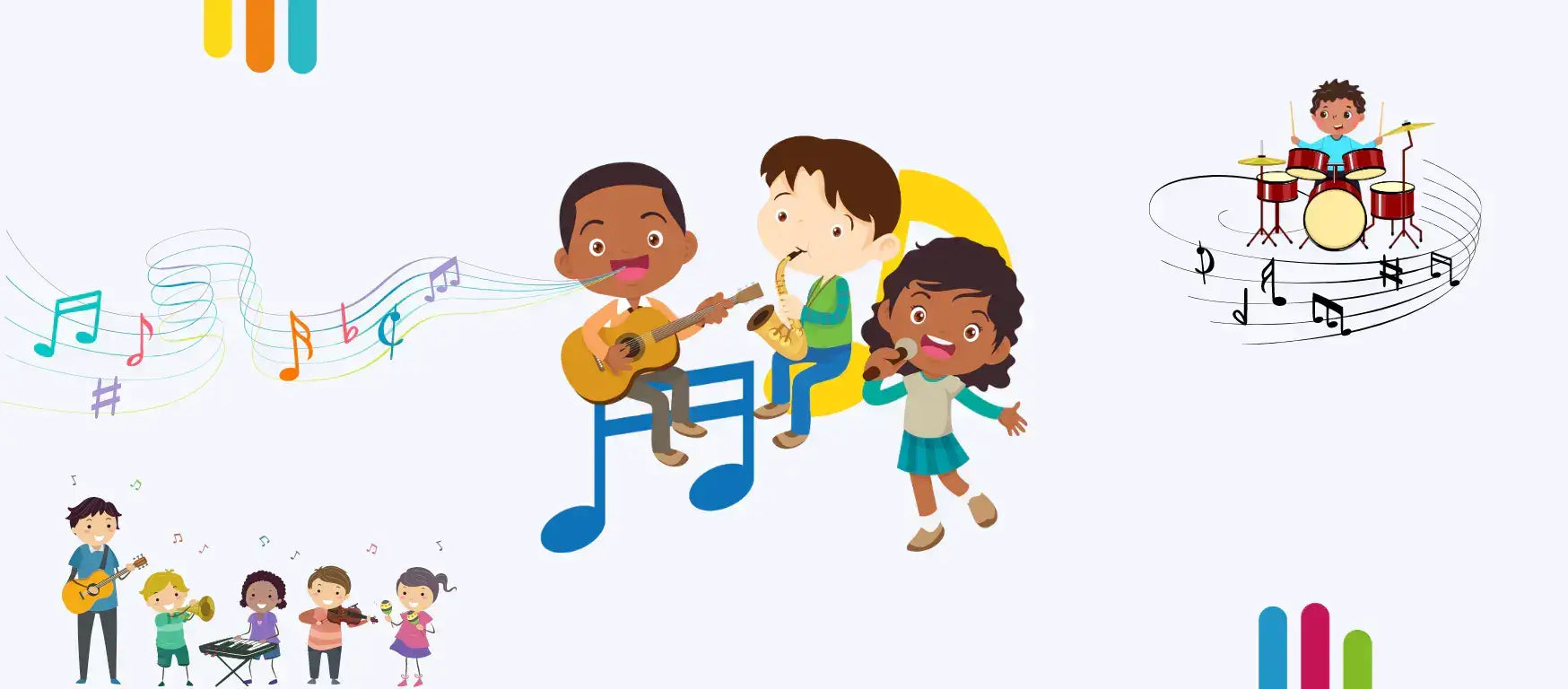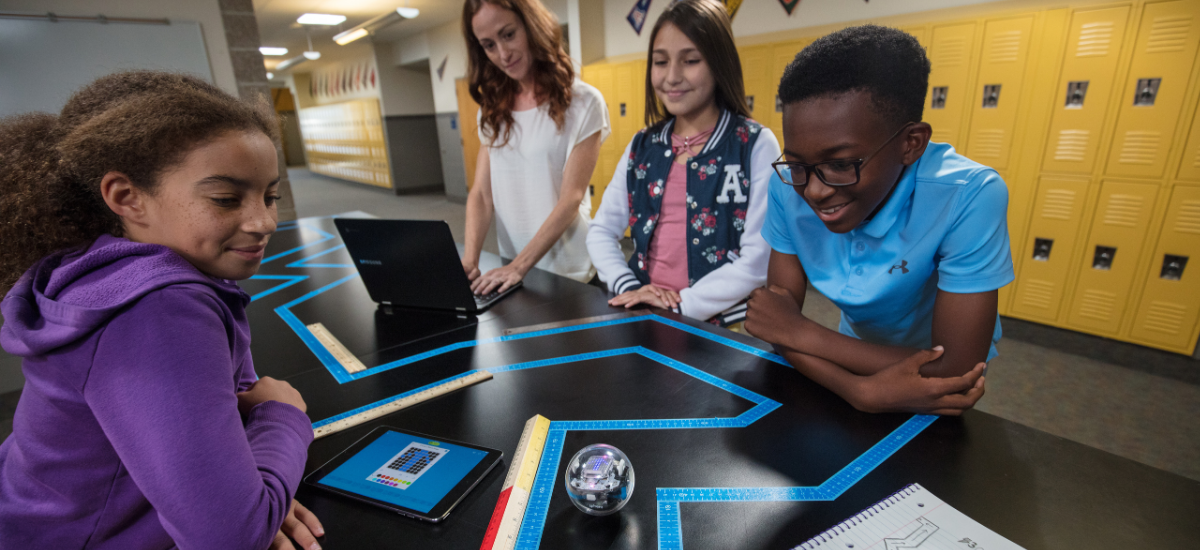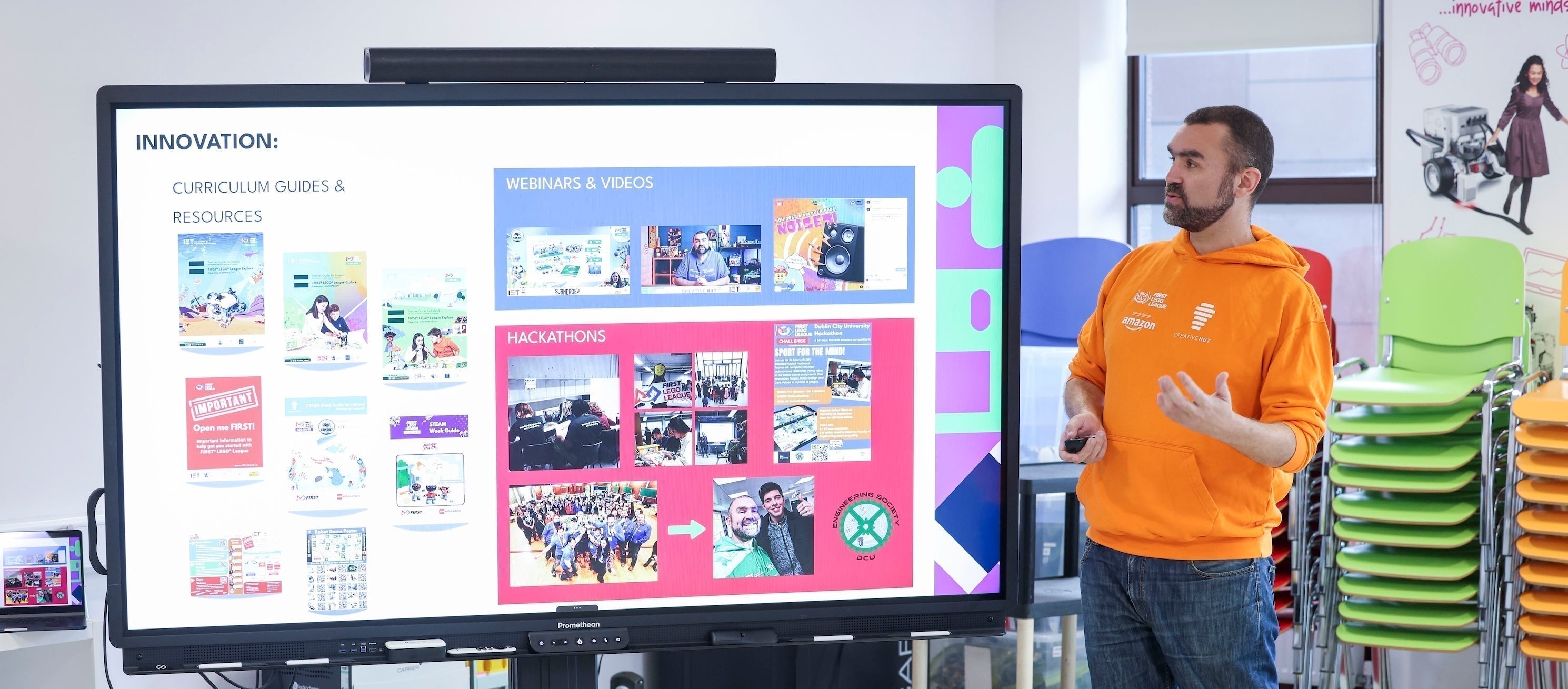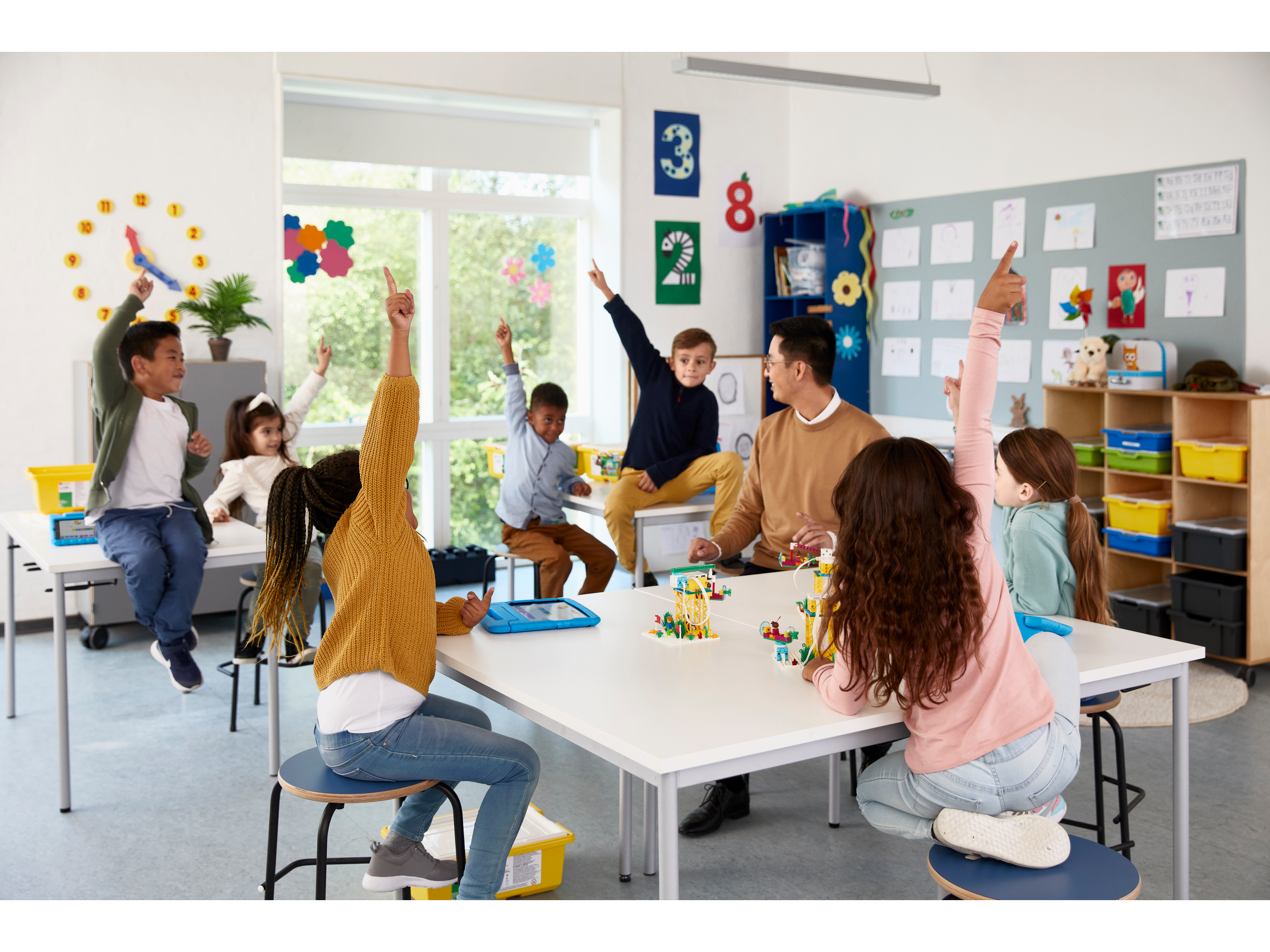There has long been a correlation between musical training and academic success. It has been proven that music plays a key role in brain development. Therefore to put it simply, yes, music can help student development but there are so many ways it does so.
1. Music can Improve your Memory
Where it is simply listening to music while studying or creatively putting key notes in a song or melody, can improve memory and help students remember important information.
2. Enhances Focus
Music can help students concentrate and stay focused on their studies, even in noisy environments, music can allow people to pinpoint their focus and drown out external distractions.
3. Boosts Creativity
Playing music or participating in music clubs or classes can enhance creativity and improve problem-solving skills. Through the ease to get hands-on, the ability to make mistakes and instantly correct them and with studies showing how music can lower anxiety and improve your mindset. It allows people to really focus and positively apply themselves.

4. Develops Discipline
Learning to play an instrument or mastering a new song requires discipline. Having the patience to work through mistakes and allow the body time to seamlessly move where you want it to go can be tough but is the only way to learn and become a great musician and this can translate to other areas of life.
5. Improves Coordination
Playing an instrument can improve hand-eye coordination and spatial awareness. It also can help improve reaction times which has links to how well people perform under pressure or timed situations.
6. Builds Confidence
Performing in front of others can help students build self-confidence and overcome stage fright which will directly impact their social abilities.
7. Enhances Social Skills
Participating in music groups or clubs can improve social skills and help students build friendships.

8. Improves Communication Skills
Playing in a band or orchestra requires communication and cooperation, which can translate to better communication skills in other areas of life. This helps the development of collaboration and leadership skills.
9. Builds Teamwork Skills
Collaborating with others on a musical project teaches teamwork skills, which can be useful in a range of future careers and for general life skills.
10. Enhances Cultural Awareness
Studying music from different cultures can help students develop an appreciation for diversity and improve their global awareness, which is a valuable skill in many fields.







Share:
Teacher Appreciation Day with Hardwick Green Academy
Google Work Experience Day With CreativeHUT